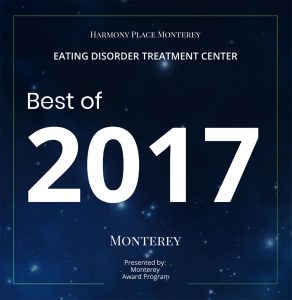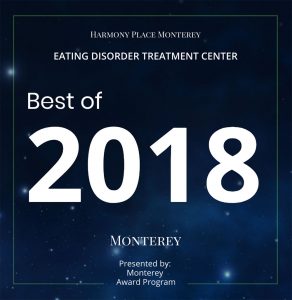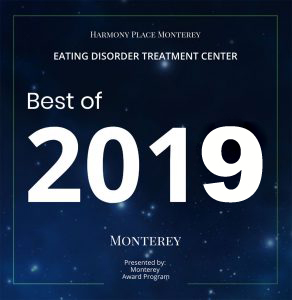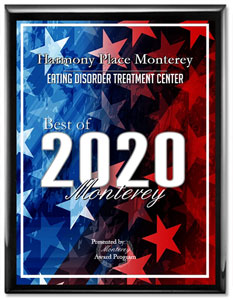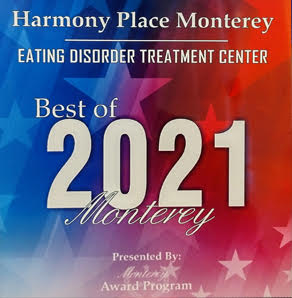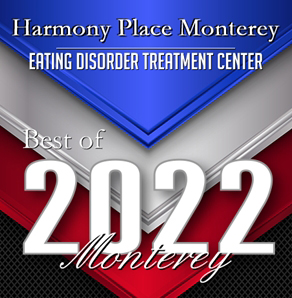Our specialty is working with childhood trauma, neglect, and attachment issues. Many individuals present with intimacy disorder and their symptoms function to keep them isolated and alone.
Ultimately, the blocks to intimacy need to be uncovered and factors that have been reenacted or repeated from past, destructive relationships need to be brought into consciousness. Individuals range from being extremely co-dependent — and wanting to fix their partner — to creating avoidance strategies that their psychiatric difficulties perpetuate.
Expressive therapy is fundamental as it allows the client to get to suppressed emotions. We then help clients deal with the skills they need to integrate back into their world, including life coaching to support their current or pursuant career. Learning about healthy relationships and developing problem-solving skills and emotional management is critical to dealing with presenting depression. Identifying triggers for anxiety and depression is key to learning how to move toward each individual’s problem rather than the over-learned avoidance, which frequently initiates the downward spiral into relapse.
Our physician is particularly experienced in dealing with psychiatric symptoms that have not been responsive to other methods. We offer alternative interventions which they permit the psychotherapy to be more effective. This combination of one-to-one intensive therapy, therapeutic community and more social interaction, med changes, and expressive work allow for the release of strong emotions and the development of skills for facilitating healthy relationships with food and people. This and allows for shifts in boundaries with families and friends. It has been our experience that co-dependency is at the core of the vast majority of clients presenting with addictive disorders and mental-health problems. For that reason, establishing a healthy, integrated sense of self is a primary treatment goal.
Depression, anxiety, addiction, and compulsion are all common symptoms that we treat at Harmony Place Monterey. A combination of medication and behaviorally-based psychotherapies are first used to stabilize those symptoms. Next, the underlying disorder requires treatment, outlined in five stages: Stage 1: Symptom control, as cited above; Stage 2: Work with the client’s family of origin to learn the client’s history with trauma, neglect, or developmentally critical events that underlie symptoms and continue to negatively impact current function. Stage 3: Begin therapy with the family or couple. Stage 4: Work to establish intimacy with self and others. Stage 5: Begin counseling and education to build life skills, discuss career plans, and introduce passionate play to help the client regain a balanced lifestyle.
We have successfully treated clients who have completed other treatment programs, yet they have chronically relapsed.We have also treated clients who have begun to move forward in their recovery, but their symptoms were not adequately resolved due to still-entrenched, deeper issues, such as the impacts of trauma and childhood neglect.
We specialize in resolving attachment and intimacy issues. Early symptom-remission requires ongoing growth to develop the capacity for self-compassion and healthy attachment with others. We offer life coaching to establish and strengthen core life skills. This facilitates the acquisition of crucial life-skills tools and the practicing of fundamental skills that may have been absent in childhood and adolescent experience.
If you are struggling with a behavioral or addictive disorder, the process of overcoming the condition may seem overwhelming. Our treatment models get to the heart of the problem, working through the underlying issues that led to the initial disorder in the first place. Leaving these stones unturned increases the risk for relapse later on.
To learn more about our programs, contact us at Harmony Place Monterey today at 831-747-1727.
